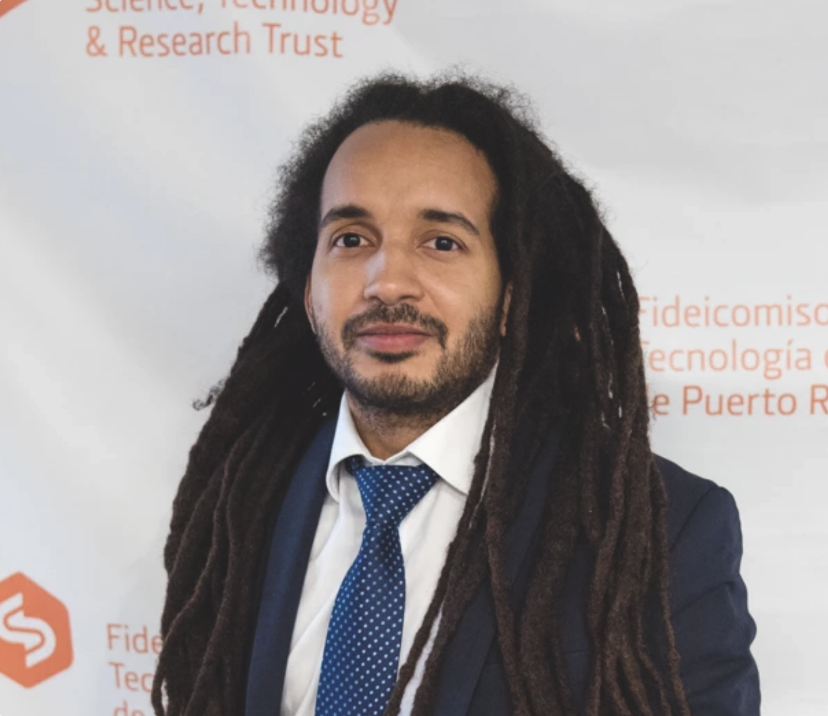By Heather Galindo and Heather Mannix
Published July 23, 2015
Title: A Briefing Debrief: Scientist Tales From A Day On The Hill
Categories: Interviews, Policy
Tags: briefings, connecting, conversation, government, informing, know your audience, meetings, navigating, networks, oceans, opportunities, outreach, policymakers, practice, presentation, so what?
This post is co-authored by COMPASS Science Engagement Specialist Heather Mannix.
Last week, COMPASS brought a team of scientists to Capitol Hill to participate in “Sea Sick: A science briefing on understanding the causes of marine disease and consequences for coastal communities.” As part of their pre-briefing preparation with the COMPASS team, these four scientists worked hard to understand their audience, coordinate their remarks, and make sure their science was clear, compelling, and relevant. With last year’s high profile sea star wasting disease epidemic on the West Coast likely to occur again this summer, and pending legislation on marine disease in the House of Representatives, this was an ideal time to bring the science related to these events to the forefront. As with all COMPASS policy events, our goal was to create an opportunity for the scientists to share what they know – and why it matters – with policymakers and to build relationships as trusted resources going forward.
From left to right: Drs. Ryan Carnegie, Rebecca Vega Thurber, Pete Raimondi, and Drew Harvell, with COMPASS Science Engagement Specialist Heather Mannix and COMPASS Director of Policy Engagement Erica Goldman, in front of the James Madison Memorial Building of the Library of Congress. Image by COMPASS Coordinator Karmel James.
We got the chance to debrief with the scientists and hear directly from them about the biggest lessons they took away from the day. Here’s some of what they shared:
Be able to tailor your remarks to different audiences’ interests
At the briefing and in the smaller meetings throughout the day, the scientists had to be experts at adapting their remarks to what their audience needed from them. “I hugely appreciated that COMPASS helped us produce a unified, organized message and put together a diverse team that could communicate to a wide audience,” Drew Harvell said. She then added, “I was surprised at the range of viewpoints, surprised at the range of things that motivated our listeners. I hadn’t thought about the regional importance, that lobster disease was motivating for some, oysters for others, corals and eel grasses and sea stars for the rest. It really did ‘take a village’ a team of scientists with coordinated, but distinctive stories to get their attention and interest.”
Be ready for all levels of familiarity with the topic
Ryan Carnegie said, “I was surprised that the audiences would include so many very young staff from congressional offices. To me this underscored the importance of including fundamental background in remarks to be sure the audience could fully appreciate the issues at hand.” Pete Raimondi added a recommendation to “Keep the story very simple. COMPASS promotes this and it is a good idea to listen to this advice.” He also noted that the day highlighted for him that “[c]onnections to media-generated topics are core to the discussion.”
Be prepared to answer questions—both general and specific
When asked about a key piece of advice for scientists involved in a similar event, Rebecca Vega Thurber said “Remember to do your homework and be prepared for questions across the spectrum – not just in your specific area of expertise, but in your field.” She went on to say, “I was surprised it was so easy! I expected it to be more stressful or even combative, but the audience had a lot of knowledge about the issues already at hand and asked insightful questions.”
Dr. Drew Harvell presenting at “Sea Sick: A science briefing on understanding the causes of marine disease and consequences for coastal communities,” July 9, 2015. Image courtesy of the Office of Rep. Denny Heck.
Be open to opportunities and new ideas for research
We often hear from scientists that the experience of connecting with policymakers inspires them to think about their research in a new way. As Rebecca Vega Thurber put it, “We need to come at it from the point of view of people who use the information. If I do the science slightly differently, these people might be able to use it!”
And even when the policy process is overwhelming or seems gridlocked, once you get into the details, you can find opportunities where scientists and science can make a difference. “My eyes are definitely more open now to the possibilities we have for engagement with policy makers. I also feel even more strongly motivated to find ways to communicate to the public and policy community just how important the science we do is,” said Ryan Carnegie.
And one final piece of advice from the scientists at this briefing? Make sure to get your business cards printed early and find some comfortable shoes to go with your Capitol Hill-ready suit!
For more about this briefing and the scientists featured in this post, click here for a downloadable PDF.
Heather Galindo worked at COMPASS from 2010-2015. This post was transferred from its original location at www.compassonline.org to www.COMPASSscicomm.org, August 2017.



